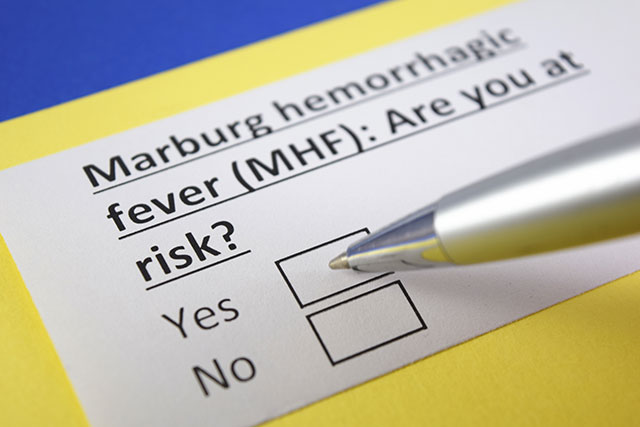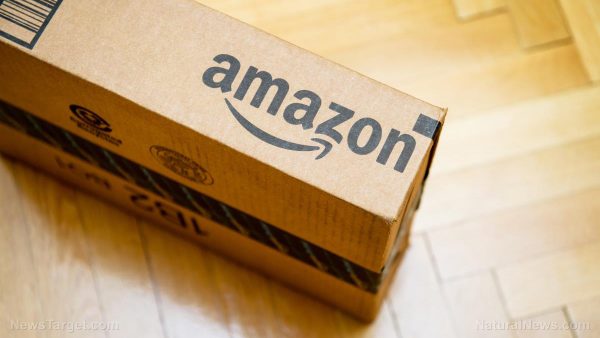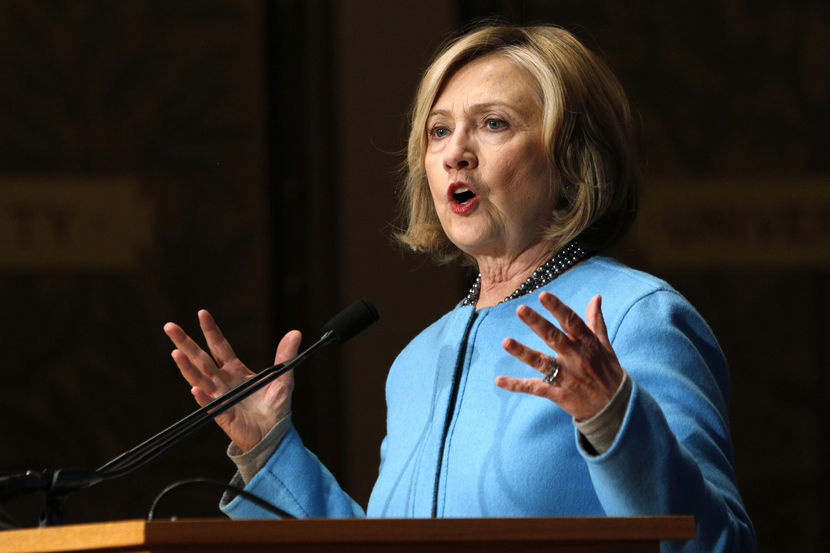 Parler
Parler Gab
Gab
Renat Heuberger gathered his co-founders on a glacier in the Swiss Alps for a celebration. The half-dozen men behind South Pole, the world’s leading seller of carbon offsets, raised their beers around a crackling fire: Business was booming and the Zurich firm’s valuation was hurtling toward $1 billion, making it one of the first “carbon unicorns.”… The company’s biggest moneymaker is a mega-project in Zimbabwe called Kariba, which South Pole claimed has prevented the annihilation of a forest nearly the size of Puerto Rico. That’s South Pole’s business model: help finance projects that can credibly counteract rising levels of greenhouse gas, such as by stopping deforestation, and then sell the resulting credit to corporate clients who want to compensate for their own planet-warming pollution… Yet according to several outside experts and South Pole’s own analysis, the firm and its partner ended up vastly overestimating the extent of the preservation by Kariba. As a result, Gucci, Nestle, McKinsey and other South Pole clients have — unwittingly — overstated their own progress in combating climate change, because the Kariba credits they bought haven’t generated enough real atmospheric benefit… Most of Kariba’s €100 million in proceeds have gone to South Pole and its project partner, a company called Carbon Green Investments, not — as both companies previously indicated in interviews and public blog posts — to people in the rural communities who do the work of fighting deforestation.My response to this is much like my response to FTX. Can it be a scam when the entire industry is a scam? Crypto, carbon offsets, are all basically peddling an imaginary commodity as a currency. Does it matter how imaginary it is when its value is wholly artificial and not backed by anything? Except, in the case of carbon offsets, government and bank mandates.
“No one who buys a five-kilo pack of potatoes at the supermarket wants to end up only having one kilo,” said Jürg Füssler, a carbon market veteran who heads up environmental work at INFRAS, a research and consulting firm in Zurich, speaking broadly about the industry. “That’s what’s happening now. The basic market confidence is shattered.”But the market is inherently worthless. If you believe that the planet is about to die because people are flying jet planes, then paying someone else to protect trees isn’t a serious answer. That’s why people laugh when John Kerry or Bill Gates protest that they have to fly private jets but it’s okay because they’re buying carbon offsets.
The Microsoft co-founder grew visibly irritated when confronted on the topic during a lengthy interview last week with BBC journalist Amol Rajan. “What do you say to the charge that if you are a climate change campaigner, but you also travel around the world in a private jet, you’re a hypocrite?” Rajan asked. “By the gold standard of funding Climeworks to do direct air capture that far exceeds my family’s carbon footprint, and I spend billions of dollars on climate innovation. So, you know, should I stay at home and not come to Kenya and learn about farming and malaria?” an annoyed Gates responded. “Anyway, I’m comfortable with the idea that not only am I not part of the problem by paying for the offsets, but also through the billions that my breakthrough energy group is spending, that I’m part of the solution,” Gates added.Our naked green emperors just lost one of their fig leaves. Read more at: FrontPageMag.com
Anti-TikTok RESTRICT Act could actually imprison Americans for criticizing GMOs
By S.D. Wells // Share
Next PLANDEMIC? CDC warns Marburg virus is coming
By Ramon Tomey // Share
FTC to sue Amazon for illegally harvesting data of children via smart speakers
By Arsenio Toledo // Share
Philippines gives American forces access to 4 additional bases
By Oliver Young // Share
Trump supporter found guilty, faces ten years in prison for 2016 anti-Hillary meme
By News Editors // Share
Governments continue to obscure COVID-19 vaccine data amid rising concerns over excess deaths
By patricklewis // Share
Tech giant Microsoft backs EXTINCTION with its support of carbon capture programs
By ramontomeydw // Share
Germany to resume arms exports to Israel despite repeated ceasefire violations
By isabelle // Share










